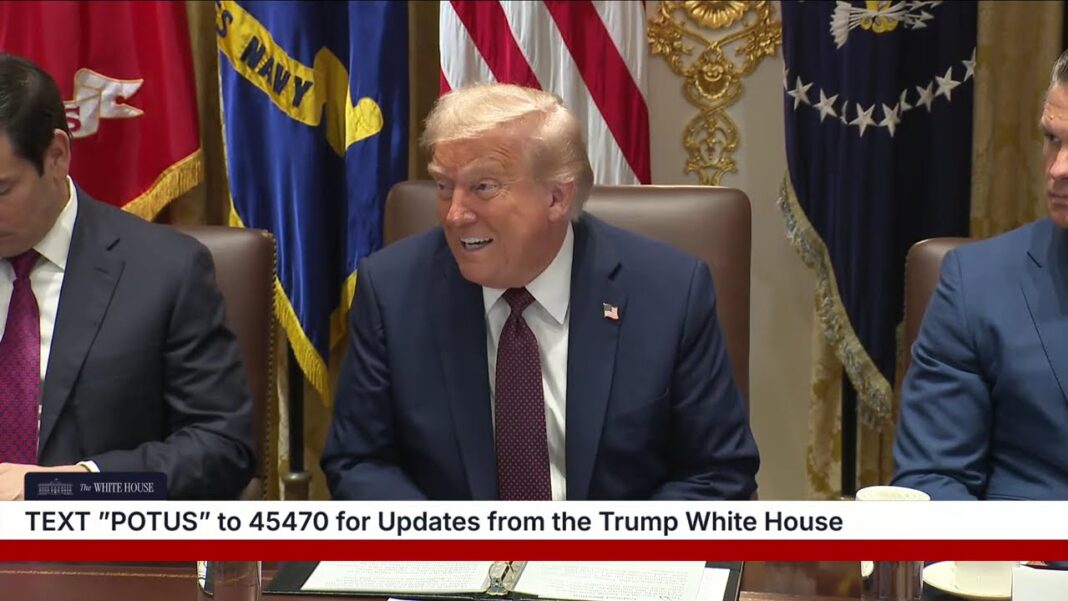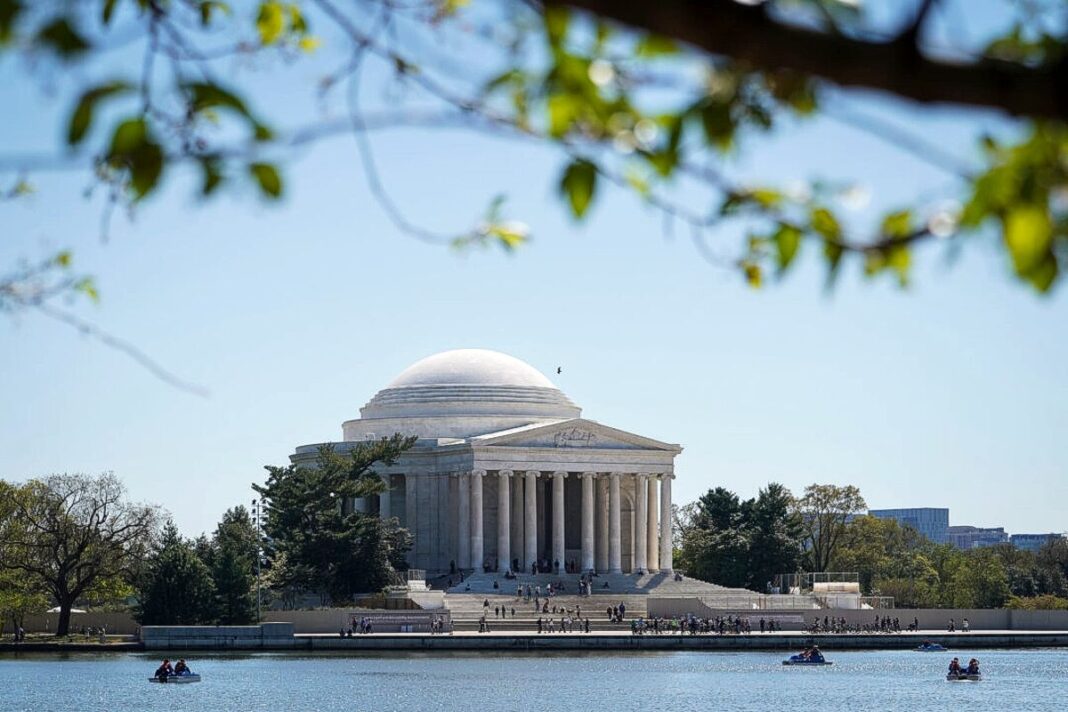The request is the second major proposal for rescissions in 2025 and employs a little-used technique of a ‘pocket rescission.’
WASHINGTON—President Donald Trump on Aug. 28 moved to cancel $4.9 billion in appropriated funds for foreign aid spending, using a maneuver that could effectively bypass Congressional approval normally required to rescind the funds.
The funds were allocated to the Department of State and the U.S. Agency for International Development (USAID)—which is in the process of being closed by the Trump administration—during the Fiscal Year 2025 appropriations process.
Under federal law, the government must make a rescissions request to Congress, which then has 45 days to approve the cancellation of appropriated funds. But a “pocket rescission” refers to such requests made within 45 days of a fiscal year’s expiry, Sept. 30. In these cases, the funds are withheld during the 45-day congressional review period, and if Congress doesn’t act before the fiscal year ends, the funds expire.
“Last night, President Trump cancelled $4.9 billion in America Last foreign aid using a pocket rescission,” the Office of Management and Budget, a cabinet-level agency in the Executive Office of the President, wrote on X on Aug. 29.
Pocket rescissions are uncommon, and the last one attempted was in 1983, when President Ronald Reagan sought to cut $2 million appropriated to the National Oceanic and Atmospheric Administration. Trump, during his second term, has successfully requested some rescissions from Congress. A rescissions bill cancelling $9.4 billion in funding for foreign aid and public broadcasters was approved by Congress in July.
Rescission requests, when presented to Congress, may be enacted through legislation with simple majorities voting in favor in both houses, meaning that the minority has no leverage to stop or alter the process. Democrats in Congress, who are the minority in both houses, have thus protested against Trump’s rescissions, but often to no avail.
By Arjun Singh








